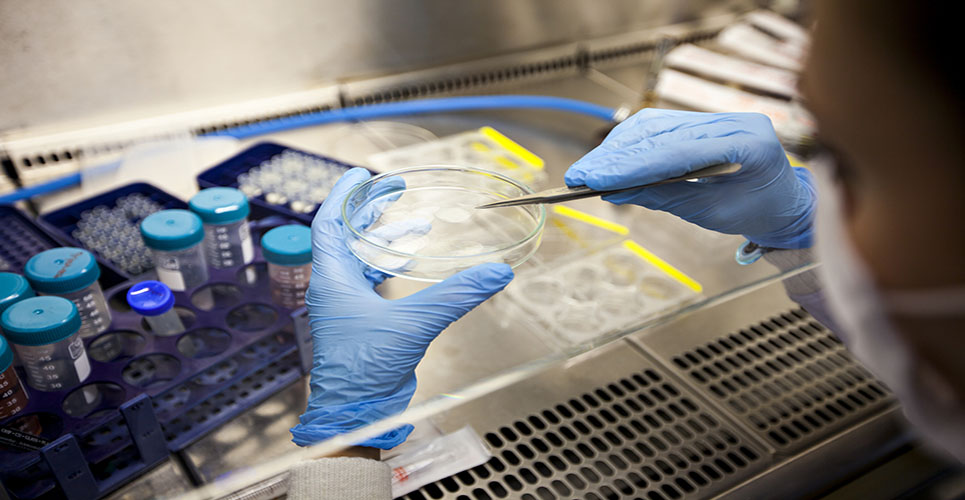teaser
Switzerland’s Roche has pulled its anti-HIV drug Viracept® (nelfinavir) off the market in Europe due to the discovery of “chemical impurity” found in some batches of the treatment, amid fears that the contamination could cause cancer.
The firm is recalling the antiretroviral in Europe “and some other world regions” after it received “several reports that some batches of Viracept 250mg tablets have a strange odour”. Analysis of the affected tablets showed they contain higher than normal levels of methane sulphonic acid ethylester, a known genotoxic substance which is harmful to DNA and can lead to cancer.
Roche stressed that the recall does not affect the USA (where Viracept is marketed by Pfizer), Canada or Japan (where it is sold by Japan Tobacco), but a company spokeswoman said the recall is pretty much global, excluding those territories.
Roche, in co-operation with the European Medicines Agency and national bodies, including the UK’s Medicines and Healthcare products Regulatory Agency, issued a health alert noting that as the contamination may have affected “all strengths and presentations of Viracept”, the company is performing a complete recall. Patients should contact their doctor immediately as they will have to change to another appropriate protease inhibitor.
However, the EMEA said “the level of risk to patients resulting from this contamination is difficult to measure, and is under further evaluation”.
No foul play is suspected. The problem seems to have been due to human error at one of Roche’s manufacturing plants. The problem was identified at a plant in Switzerland, but was detected in Spain where batches of the drug were released for distribution around Europe.
William Burns, head of Roche’s pharmaceutical division, said two chemicals used in the production process had caused a “low-level impurity here which we believe is unacceptable to be in our product”. He added that the firm is talking about “low parts per million – we are talking in extraordinarily small quantities”.
Roche said the financial impact of recalling Viracept, which recorded sales of $135m in 2006, will be negligible. The company has been selling the drug to low-income countries, many in Africa, at a rebate of roughly 30% in 2004.
The effect on patients in the UK is likely to be minimal. Viracept was introduced into the UK in 1998. Roger Pebody, treatment adviser for the Terrence Higgins Trust, the leading AIDS charity in Europe, said many of the anti-HIV drugs developed since Viracept are more effective, so “numbers of people using this drug are probably relatively small”, with some estimates putting the figure at fewer than 600.
He added: “We don’t have many details about the contamination, and how quickly Roche have reacted to it. We hope that Roche are putting all the necessary effort into creating an uncontaminated supply of the drug as fast as possible.”
PharmaTimes 7/6/2007
